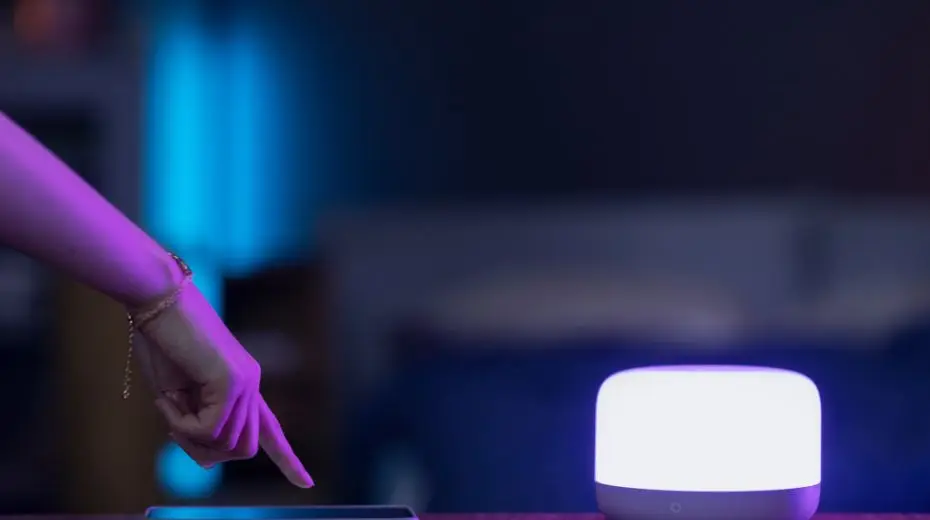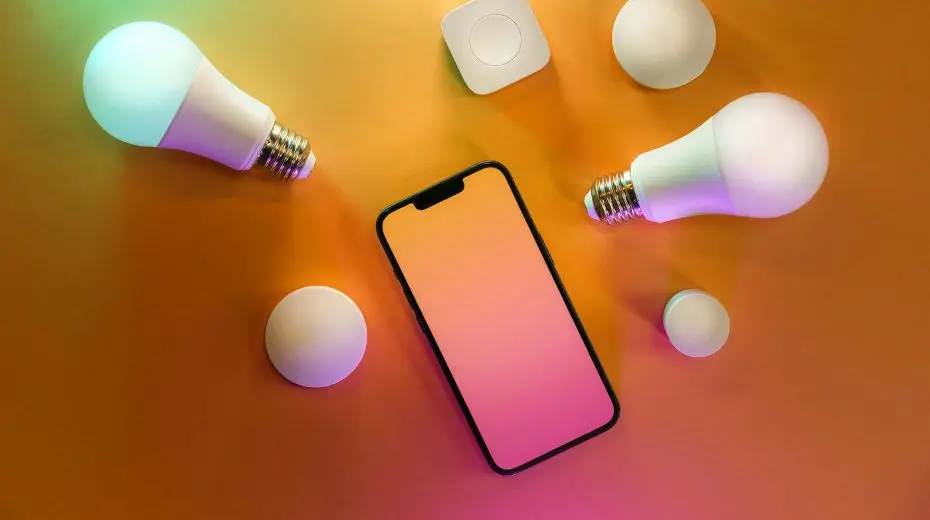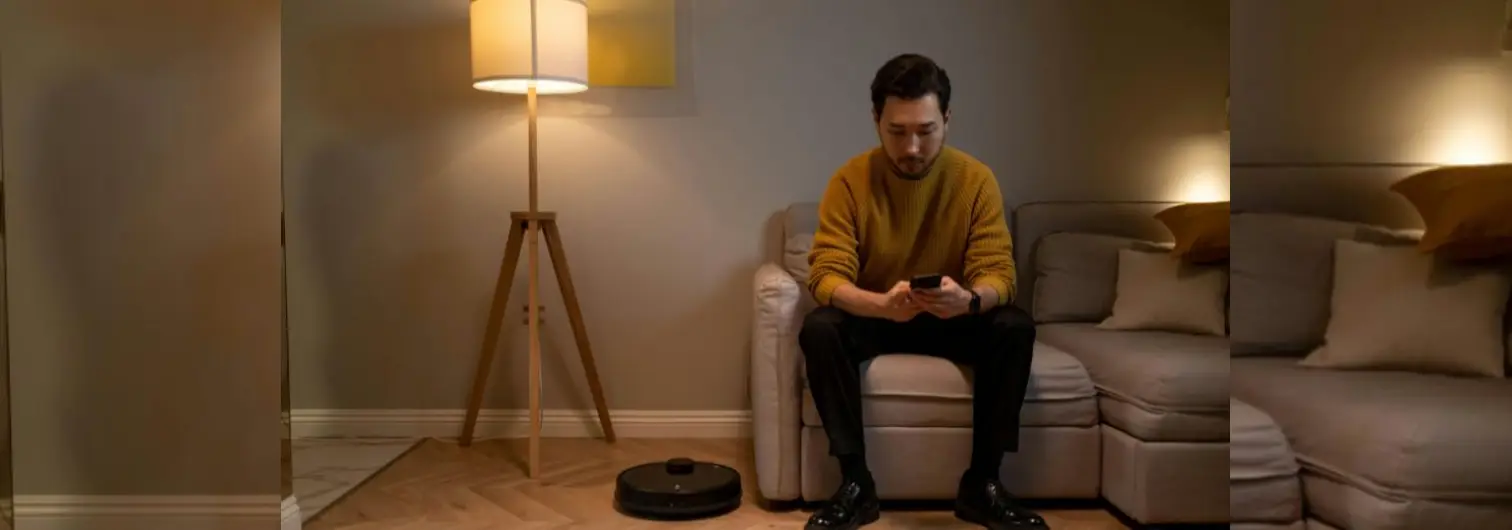Selling Ease: How Brands Are Winning with Convenience
Forget the old school pitch of “best product” or “lowest price”. Today, it is all about selling solutions. As consumers juggle careers, families, and the ever-increasing demand of modern life, they’re gravitating towards products and brands that simplify their routines. It’s not just about product quality anymore, convenience has become the ultimate luxury – and smart brands know it. This shift reflects a new reality: modern marketing is no more about selling things – it’s about selling ease.
Is It a Gadget or a Life Hack?
Modern consumers now wish to invest in smoother, smarter living. This calls for marketing and related strategies, too, to undergone a transformation—no more a laundry list of product features. Instead, brands must focus on how to save time and reduce efforts. Smart marketing is about tapping into this narrative, presenting a brand’s products not as objects but as tools to simplify life’s chaos.
Take Dyson. It doesn’t market its vacuum cleaners as just cleaning tools—it sells “effortless living.” Its campaigns highlight cordless designs and intelligent technology that aim to sell peace of mind. A Dyson vacuum has become a personal assistant in the war against dust and dirt, reclaiming time and energy without breaking a sweat.
Back in India, Havells has embraced this solution-driven marketing beautifully. Its water purifiers aren’t just about clean water. With advanced filtration systems and minimal maintenance needs, Havells’ messaging focuses on the ease of never having to worry about water safety. Their campaigns subtly ask, “Why settle for less when life can be this convenient?” It’s no longer about owning a machine—it’s about the lifestyle it unlocks.

Got Problems? Your Products Just Got Hired
Ever wondered why some products feel like indispensable companions while others fade into irrelevance? The answer lies in the Jobs-to-be-Done (JTBD) framework, popularised by Clayton Christensen in Competing Against Luck. Consumers are “hiring” products to solve real-life problems. This framework asks a crucial question: what “job” is the consumer trying to get done? Brands that understand this focus on fulfilling specific needs, making their products not just relevant but essential.
As per Philips Hue, smart lights don’t just illuminate your home—they create moods, routines, and even smarter living. Whether it’s a cozy warm glow for a movie night or the daylight simulation to kick-start your morning, Philips Hue makes it feel like you’ve hired a personal lighting designer. With app-based controls and voice integration, the vibe of an entire home can be changed without even lifting a finger. It’s not just lighting—it’s a lifestyle upgrade that’s literally brighter.


Then there’s iRobot’s Roomba, an AI-driven vacuum that takes cleaning off your plate entirely. The Roomba learns a home’s layout, dodges furniture, and even knows when to return to its dock for a recharge. Its marketing is playful, “Life’s too short for chores,” positioning the Roomba as a hardworking housemate. It is like a full-time floor manager, letting you focus on, well, living. Brands like Philips and iRobot prove that when products solve real problems, they don’t just sell—they shine.

Convenience is the new currency of modern living
The Convenience Economy, where the pursuit of ease is reshaping buying behaviours, has positioned convenience as the gold standard in purchasing attributes, and patience? That’s so last decade. This is powered by three key trends:
- On-Demand Culture: This is fuelled by what many call the Amazon Effect. With a single-click purchase and same-day deliveries, consumers have been spoilt to expect instant gratification. In India, this trend has been implemented and imitated by many Q-commerce startups, turning a tedious chore into a seamless experience.
- Interoperability: Global brands like Philips Hue are simplifying how smart devices connect and make automation effortless.
- Immersive Brand Experiences: Companies such as Amazon and Lennar are using futuristic showrooms to demonstrate how convenience – focused products fir into everyday life. These spaces let consumers have a first-hand experience smart living, turning curiosity into purchases.
Convenience isn’t just the key to solving consumer pain points—it’s the secret sauce for building brands that people can’t live without. If your product disappeared tomorrow, would anyone miss the convenience it brings?
Sources
Dyson Marketing Strategy
A Look at Home Appliance Go-to-Market Strategy and Branding
News bureau afaqs! 2022
Havells launches a new campaign ‘#SahiPaaniKaSignAlkaline’ to raise
Christensen CM, Duncan DS, Dillon K, Hall T. 2016
iRobot. 2018
New iRobot® Roomba® i7+ Robot Vacuum Learns a Home’s Floor Plan and Empties Itself
The Amazon Effect. 2024
How Rising Consumer Expectations Are Shaping E-Commerce


